Optimal Timing for Waterproofing Applications
Proper timing is essential for effective waterproofing applications. The best time depends on weather conditions, temperature, and humidity levels to ensure materials cure correctly and adhesion is optimal.
Spring offers moderate temperatures and lower humidity, making it suitable for waterproofing projects before the heat of summer.
Warm and dry conditions in summer facilitate quick curing, but excessive heat can affect application quality if not managed properly.
Fall provides cooler temperatures and less humidity, ideal for waterproofing before winter sets in.
Winter waterproofing is generally not recommended due to freezing temperatures that hinder proper curing and adhesion.
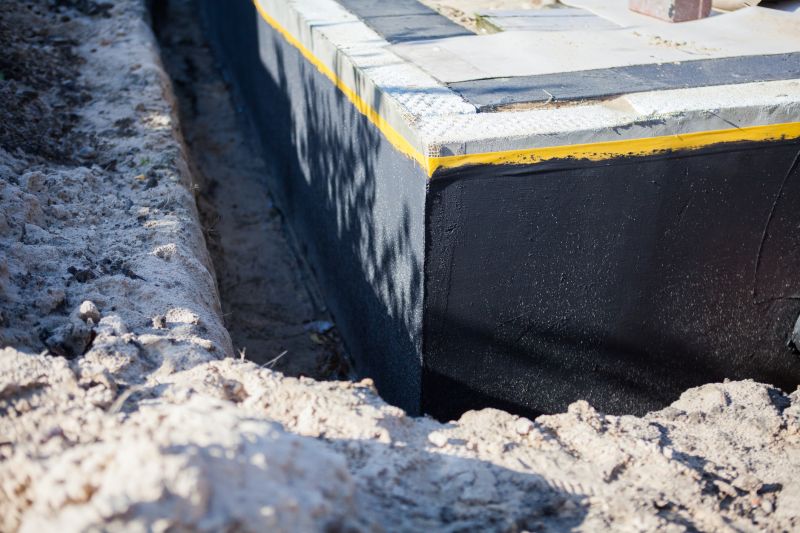
Ways to make Waterproofings work in tight or awkward layouts.
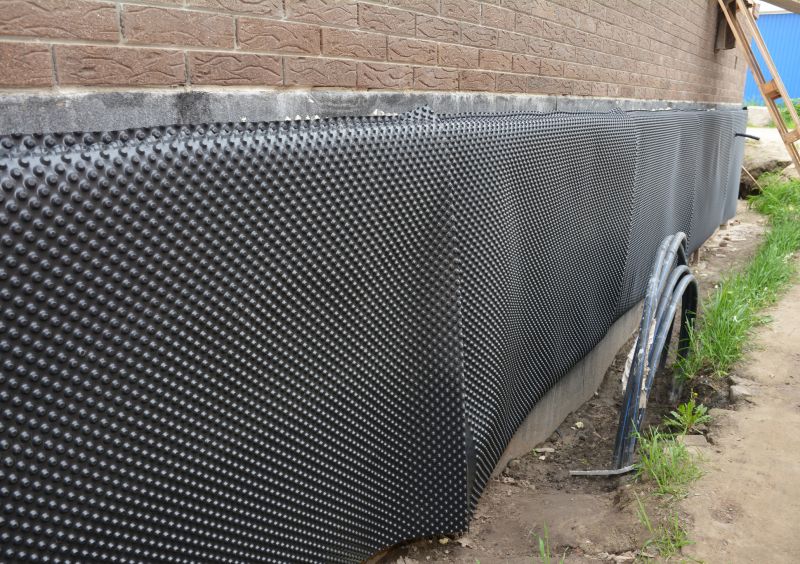
Popular materials for Waterproofings and why they hold up over time.
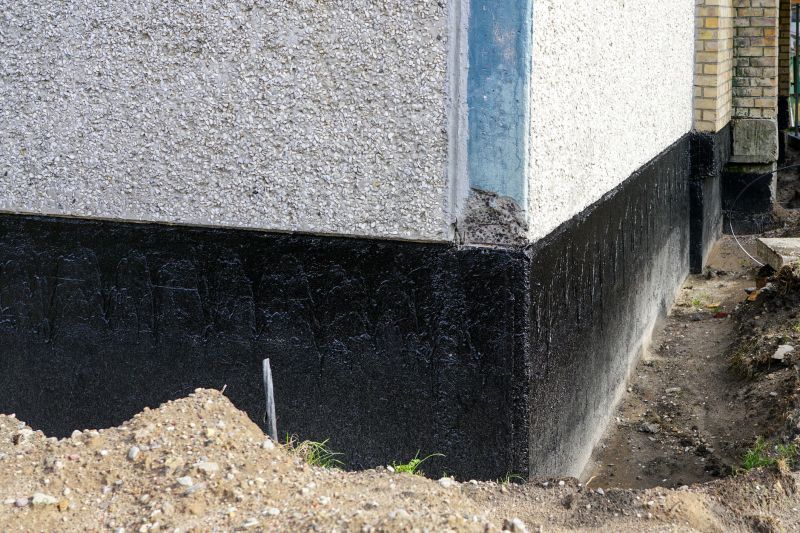
Simple add-ons that improve Waterproofings without blowing the budget.
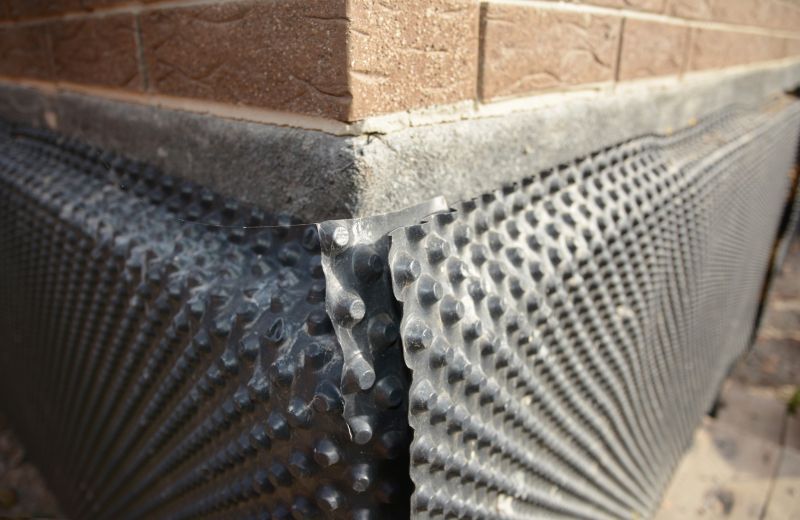
High-end options that actually feel worth it for Waterproofings.
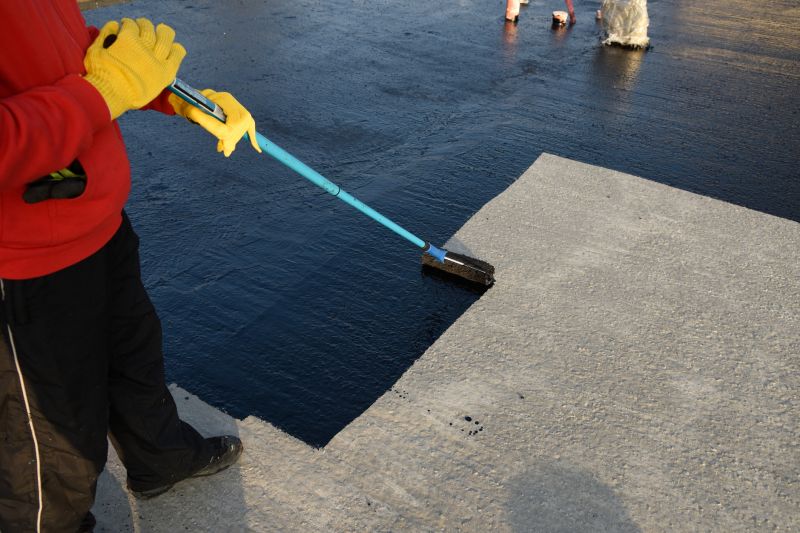
Finishes and colors that play nicely with Waterproofings.
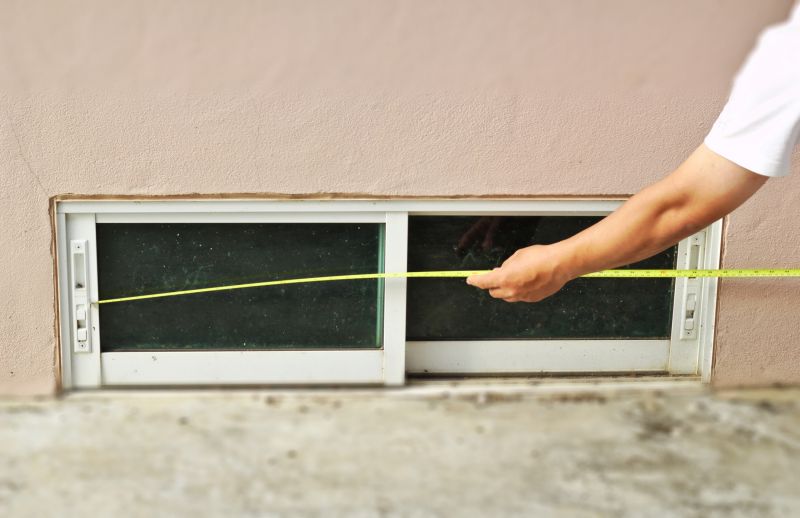
Little measurements that prevent headaches on Waterproofings day.
| Season | Recommended Conditions |
|---|---|
| Spring | Temperatures between 50-70°F, low humidity |
| Summer | Warm temperatures, low humidity, avoid extreme heat |
| Fall | Cool temperatures, low humidity |
| Winter | Freezing temperatures, not suitable |
Waterproofings are essential for protecting structures from water intrusion, which can cause significant damage over time. Properly applied waterproofing systems prevent leaks, mold growth, and structural deterioration. Advances in waterproofing materials have increased durability and ease of application, making timing even more critical to ensure maximum effectiveness.
Statistics indicate that improper waterproofing can lead to costly repairs, with water damage accounting for a substantial percentage of property issues annually. Selecting the right time for waterproofing enhances longevity and reduces maintenance costs, providing long-term protection for buildings and infrastructure.
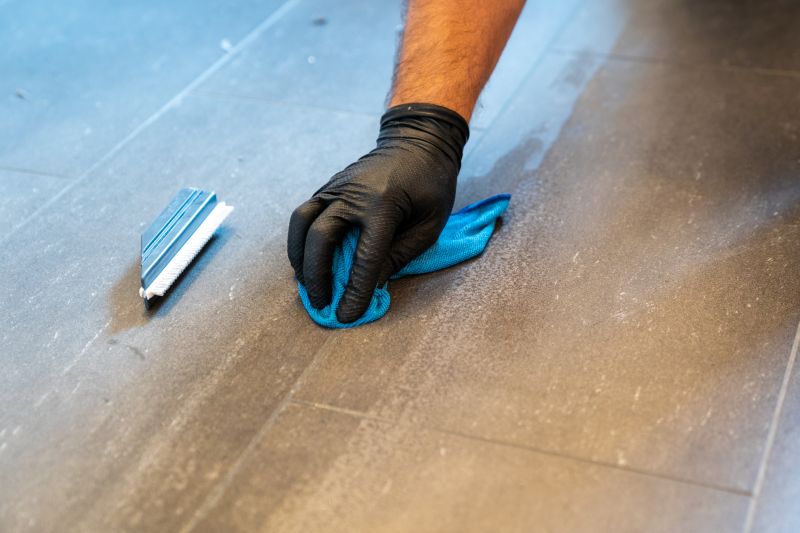
A 60-second routine that keeps Waterproofings looking new.
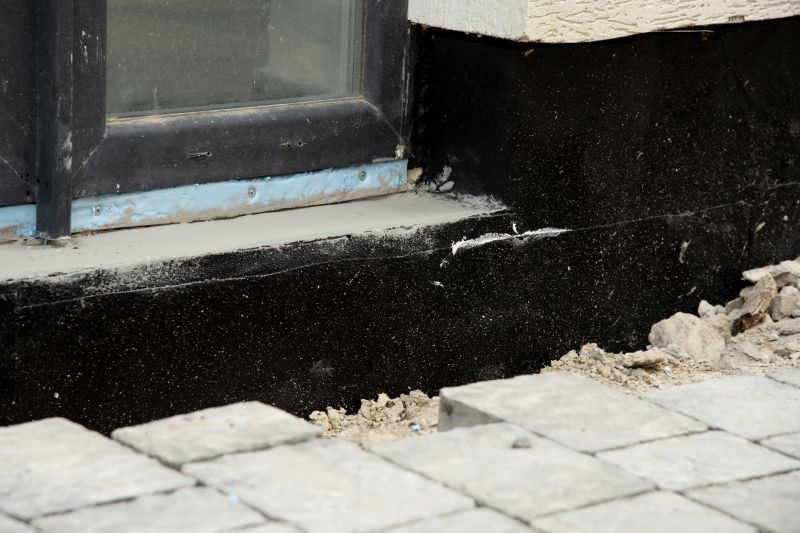
A frequent mistake in Waterproofings and how to dodge it.
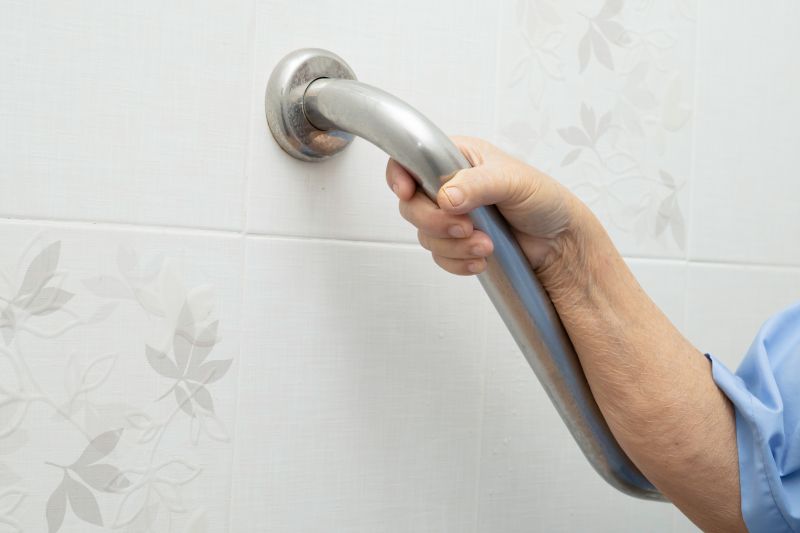
Small tweaks to make Waterproofings safer and easier to use.
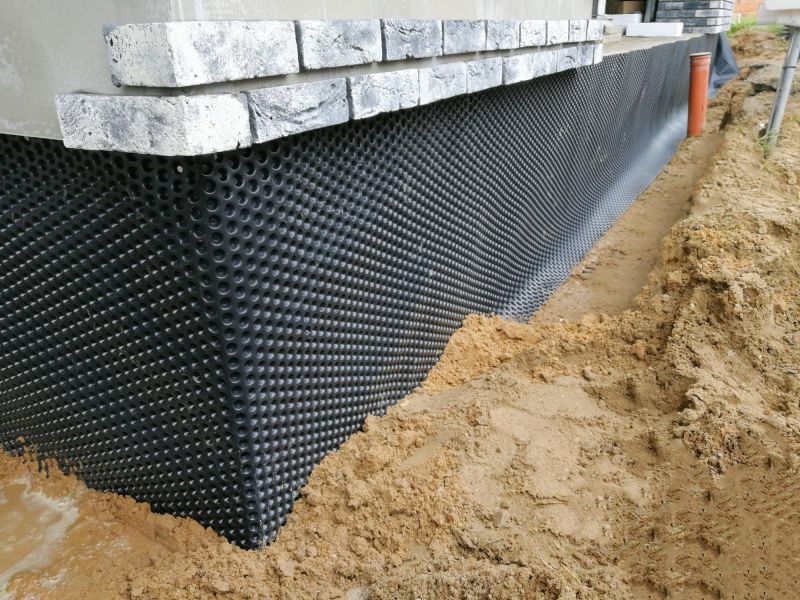
Lower-waste or water-saving choices for Waterproofings.
For those interested in waterproofing services, filling out the contact form provides an opportunity to discuss specific needs and schedule an appropriate application time. Proper planning ensures optimal results and long-lasting protection against water damage.


